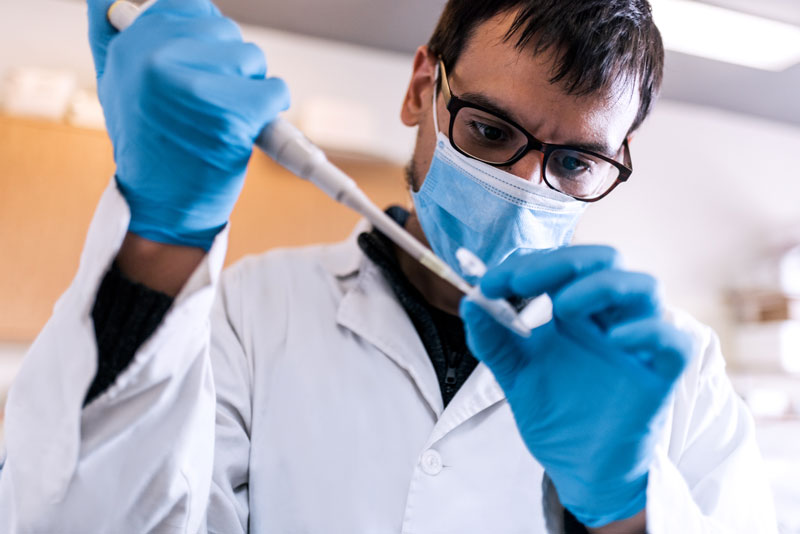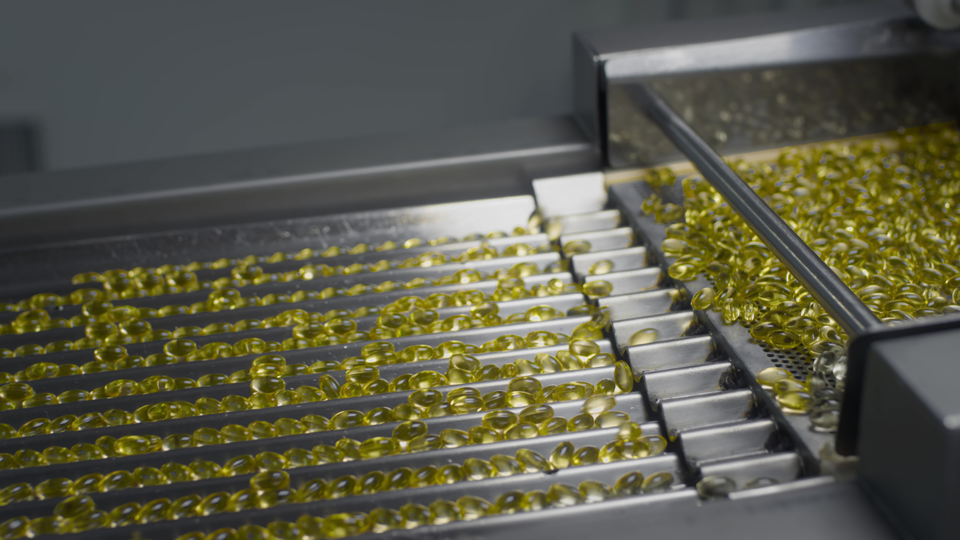


Measurement Uncertainty (MoU) – Why the ± Matters in Analytical Chemistry
Reviewed and Approved by Matt Traynor, PhD, Vice President, Innovation and Validation, Certified Laboratories 1-Minute Summary Measurement Uncertainty (MoU) explains why lab results are reported with a ± range — it’s a built-in measure of scientific...
1,4-Dioxane Testing for Cosmetics and Personal Care Products – 0.5 PPM LOD
Reviewed and Approved by Matt Traynor, PhD, Vice President, Innovation and Validation, Certified Laboratories 1-Minute Summary New York state enforces a 1,4-dioxane limit of 10 ppm in cosmetics and 1 ppm in personal care products. USP <467> and...
Detailing the Top Five 21 CFR 111 Compliance Issues for Supplement Manufacturers
Reviewed and Approved by Shelly Blackwell, Senior Director, Dietary Supplement and Tobacco, EAS Consulting Group 1-Minute Summary The FDA’s most common 21 CFR 111 compliance observations involve missing component and finished product specifications, as...![State Legislation for Heavy Metals in Cosmetics [2025]](https://certified-laboratories.com/wp-content/uploads/cosmetics-in-pink-bag_572508496-1024x675.png)
State Legislation for Heavy Metals in Cosmetics [2025]
Reviewed and Approved by Maged Sharaf, Ph.D., Senior Director, Labeling, Cannabis and Claims Consulting Services, EAS Consulting Group 1-Minute Summary There are no U.S. Federal regulations that establish specific limits for heavy metals like lead or...
